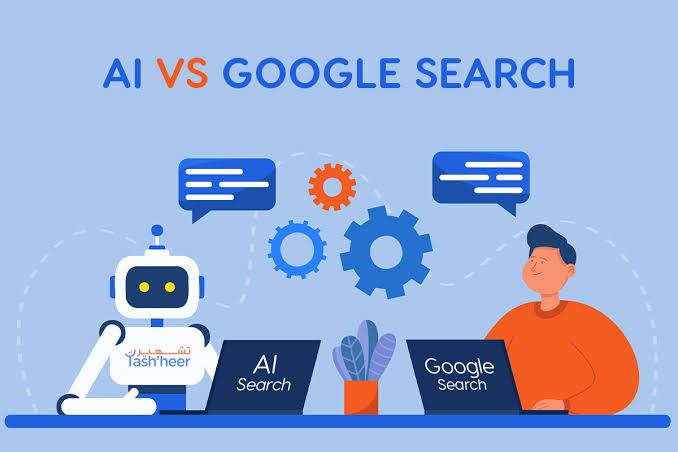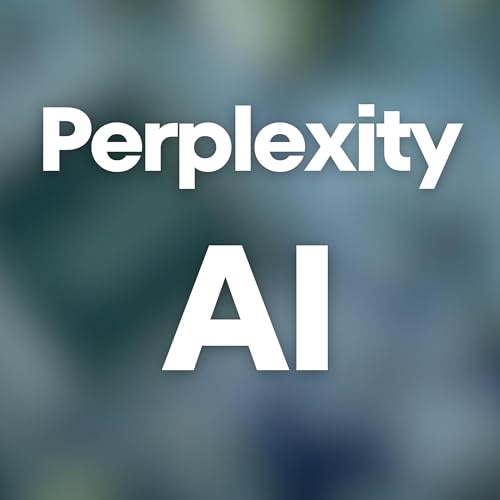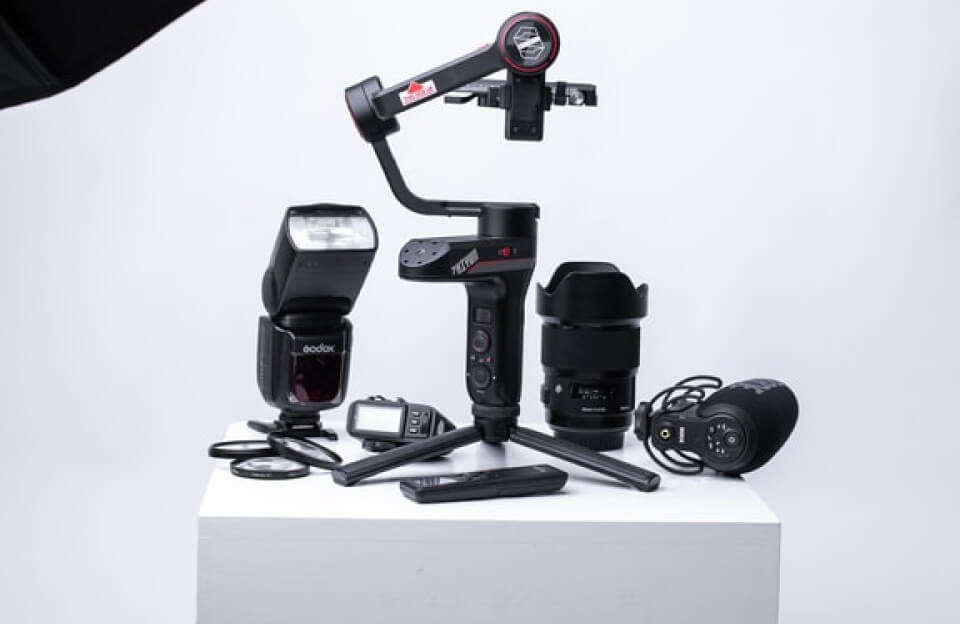Tech Users: Google’s like that friend who always has something to say. Always. Every time you ask a question, boom—millions of results. And sure, it’s helpful. Sometimes. But lately? Feels like it’s trying too hard. Stuffed with ads. SEO-driven links. The same websites popping up again and again. You scroll. You click. You regret.
So… you start wondering. Is there something better out there?
Well, good news. There is.

A new wave of AI-powered search engines is changing the game. They’re faster, sharper, more intuitive. Less noise. More clarity. And—surprise—they’re actually kind of fun to use.
Let’s take a walk through this new territory.
The Shift from Search to Smart
Once upon a not-so-long-ago, searching meant typing keywords and hoping for the best. You had to think like a machine. Now? The machines are learning to think like us.
AI search engines don’t just find pages. They understand context. Meaning. Intention. Ask a full question, get a real answer. Not a list of blog posts from 2012.
Think about it: you’re searching, not just browsing. You’re looking for answers. Not blue links.
That’s where these new tools step in.
Perplexity AI – The Fast Thinker

Perplexity is like that one friend who reads everything, remembers it, and somehow gives you the answer in two sentences flat. It doesn’t give you a bunch of articles to open. It just… answers.
Type in a question—anything from “What’s the best way to sleep faster?” to “What’s the deal with quantum gravity?”—and you’ll get a neatly summarized response. With sources. No fluff.
You still get links if you want them. But the beauty lies in the brevity. Clear. Concise. Confident.
Oh, and it updates fast. Like, blink-and-it’s-there fast. You ask something trending? It knows.
Downsides? It’s still learning tone. Sometimes the answers feel a bit robotic. But hey, it’s young. It’ll grow.
You.com – The People’s Search Engine

Imagine a search engine that you can kinda… customize. That’s You.com.
It splits search into categories—web, videos, social, academic. So if you’re hunting for a specific type of content? You choose. It adapts.
Even better, You.com has its own built-in AI assistant. Ask it questions, get smart summaries. And there’s a dev-friendly twist too—it integrates with apps and code tools. Writers, programmers, students—they’re loving this one.
One of the coolest things? No trackers creeping around. You.com promises privacy. No ad-stalking. Finally.
Still a bit buggy here and there. But that’s part of its charm. Like a well-meaning genius who sometimes forgets their keys.
Andi – The Chill, Visual One

Ever wish Google looked… cooler? Like, actually fun to scroll through?
Meet Andi.
It’s visual-first. Sleek cards. Clean answers. You ask, it gives you visuals and short responses. Not long paragraphs. Not ad-loaded links.
Andi feels less like a search engine, more like a conversation. It uses generative AI to build answers, but it doesn’t overwhelm. It guides. Think of it as the search engine with vibes.
Young users dig it. It’s got that Gen Z energy.
It’s not perfect for deep research though. Complex topics can trip it up. But for casual, everyday questions? Solid pick.
Kagi – The Premium Pick

Okay, now let’s talk Kagi.
This one’s different. For starters, it’s not free. But that’s the point.
Kagi is built for folks who are tired of distractions. No ads. No SEO spam. Just clean, high-quality results. It’s like Google if Google read every book in the library and decided to calm down.
You pay, and in return? You get peace. And precision.
Its UI is sharp. Results feel curated. It even lets you block certain domains or promote others. That means you control what you see.
Kagi’s definitely for the pros. Writers, developers, researchers. People who search a lot, and hate wasting time.
It’s not for everyone. But if you’re serious about clean info? Might be worth it.
ChatGPT – Not a Search Engine, But…

Let’s get this straight. ChatGPT isn’t technically a search engine. But with browsing turned on? It’s hard to ignore.
You ask something, and instead of giving you 10 links, it gives you the one answer you probably wanted all along. Backed by web data. Updated. Explained.
You can refine your question mid-chat. Ask follow-ups. Get a summary. Rewrite it in pirate speak if you want. Sky’s the limit.
Why include it in this list? Because sometimes, you don’t want search. You want answers. And that’s where tools like ChatGPT shine.
Not perfect for news yet—real-time info can be hit or miss depending on settings—but improving fast.
The Problems with Old-School Search
Let’s be honest. Google’s not “bad.” But it’s tired.
We all feel it.
Type a query. Get hit with ads. Sponsored results. SEO-optimized content that says a lot and means little. Clickbait headlines. Forums from 2009.
The human touch? Missing.
AI search tries to bring it back. It’s not about clicks. It’s about answers. Understanding. Simplicity.
You’re not a robot. Why should you search like one?
So, What’s the Best One?
Trick question. Depends on you.
Want speed and summaries? Try Perplexity.
Prefer customization and privacy? You.com.
Need something visual and easygoing? Andi’s your friend.
Craving elite-level search quality? Kagi delivers.
Just wanna chat and explore ideas? Open up ChatGPT.
There’s no one-size-fits-all here. And that’s good. We’re finally getting choice. After years of one dominant player, it’s refreshing.
Final Thoughts: Search Is Changing. For Real.
Remember when search engines felt magical? Like, back in the early 2000s. When getting an answer instantly felt like the future?
We lost some of that along the way.
But now? It’s coming back. In a new form.
AI is helping search rediscover its soul. Less noise. More signal. Less chasing clicks. More genuine help.
If you’re tired of the same old search game, maybe it’s time to try something new. You might not look back.
Or maybe you’ll use both. Old and new. Depends on the day.
Either way—choice is power. And right now? We’ve got more of it than ever.
So next time you catch yourself typing something into Google and groaning at the results… remember—there’s a better way. Maybe even five.
And it starts with a simple question.
Just… not always on Google.

